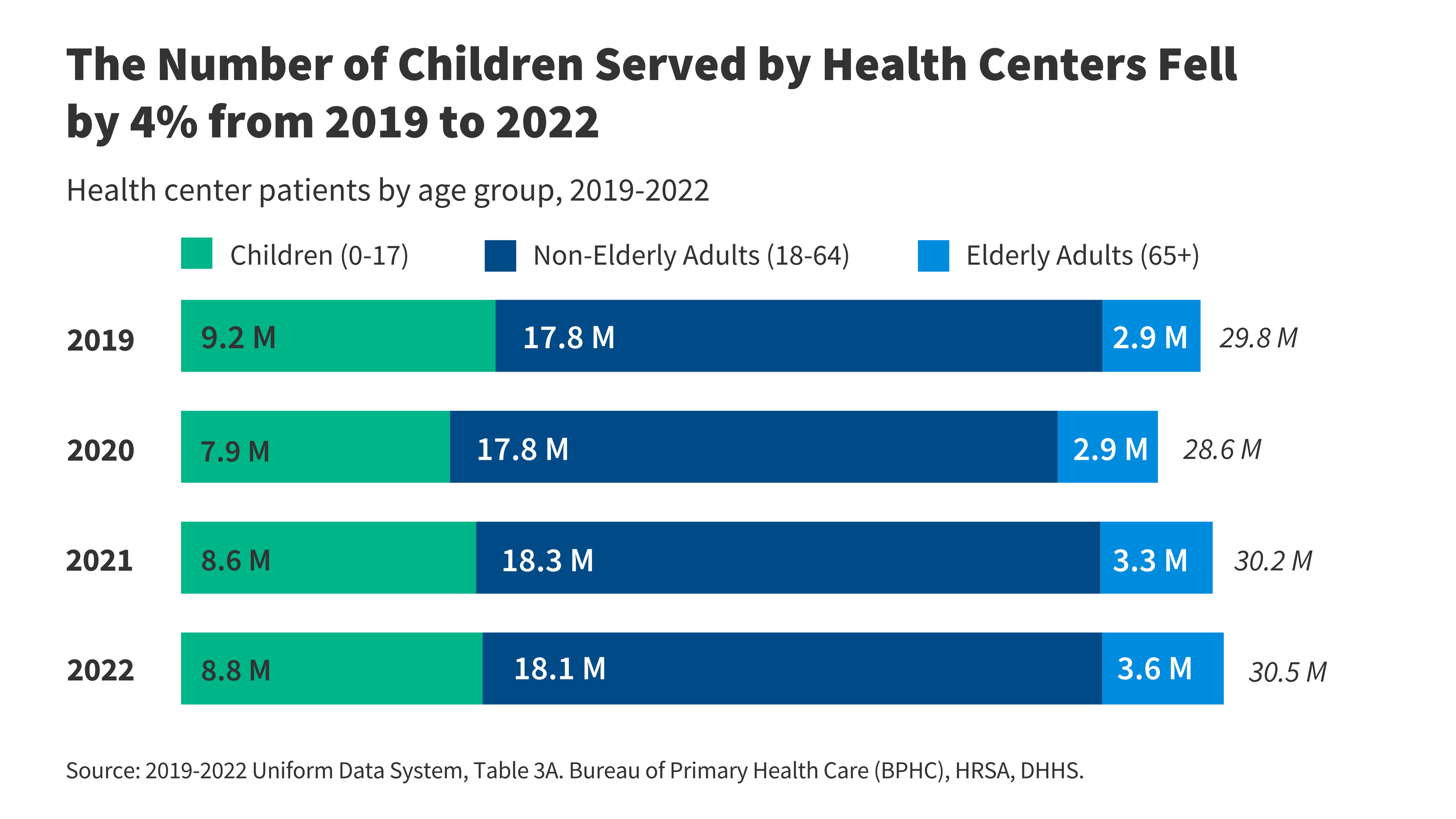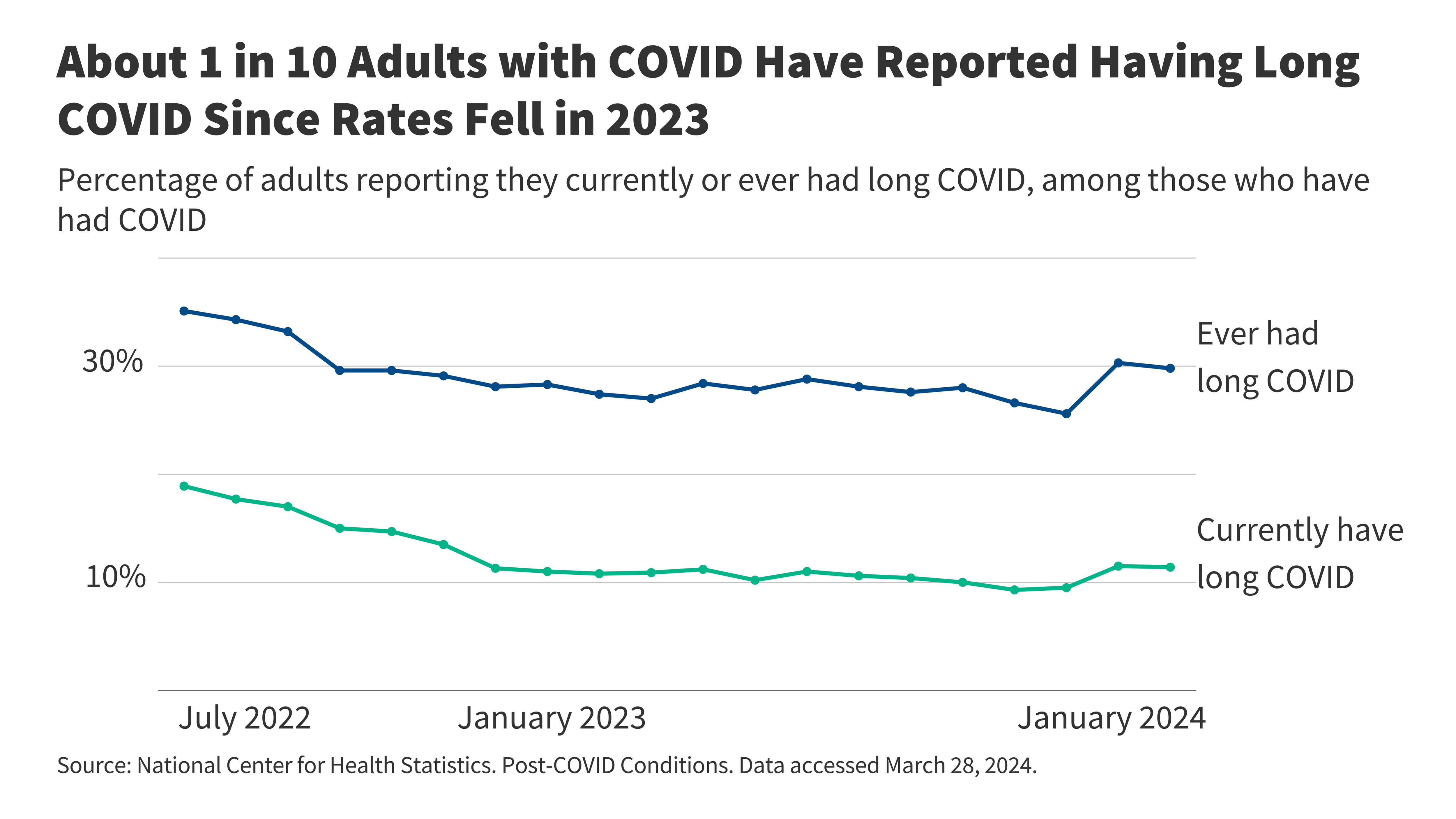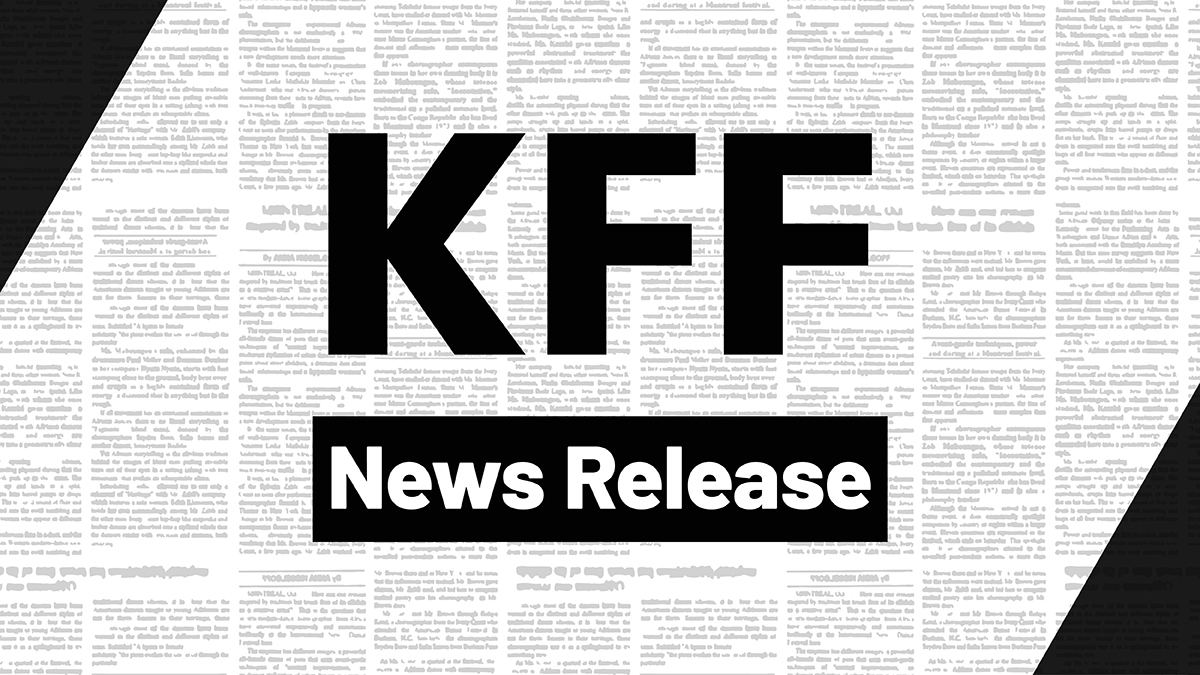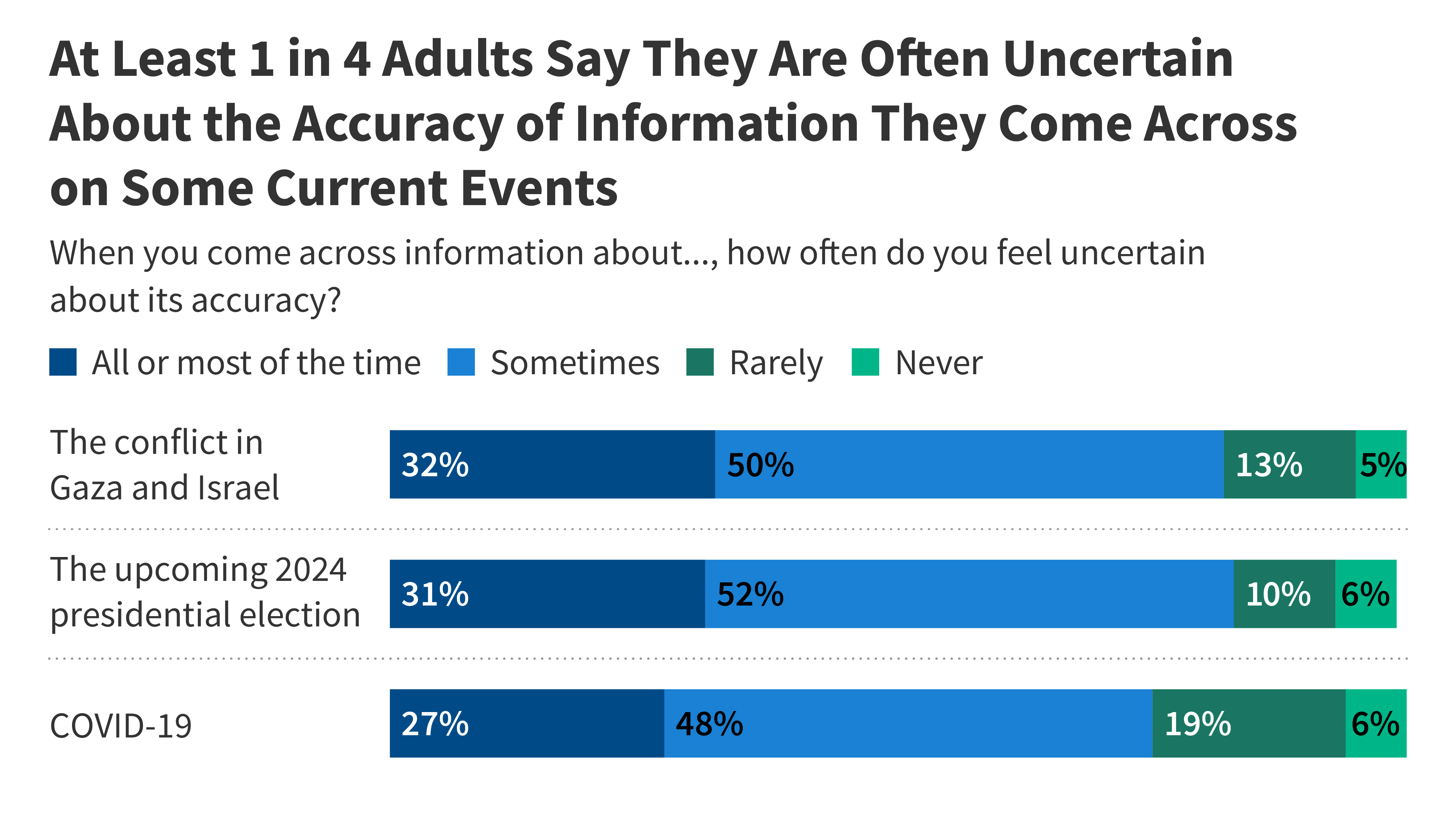The KFF Well being Misinformation Monitoring Ballot Pilot examines U.S. adults’ use of and belief in several media sources and their publicity to and perception in a collection of health-related misinformation claims, together with false statements associated to COVID-19 and vaccines, reproductive well being, and firearm security. The Well being Misinformation Monitoring Ballot will work in tandem with KFF’s forthcoming Well being Misinformation Monitor, an in depth report of the panorama of well being misinformation messages circulating among the many public, probing the impression of misinformation documented within the monitor to assist inform and strengthen efforts geared toward addressing misinformation in well being. Each the Misinformation Monitoring Ballot and the Monitor are a part of a brand new program on well being misinformation and belief being developed at KFF. This snapshot from our preliminary pilot ballot offers a take a look at the survey outcomes amongst Hispanic adults and their implications for addressing health-related misinformation amongst this neighborhood. Different snapshot studies present comparable insights into addressing misinformation amongst Black adults and amongst rural residents. These snapshot studies are geared toward serving to organizations within the U.S. working to fight health-related misinformation and rebuild belief within the media, public well being, and scientific communities.
Key Takeaways for the Subject
- Whereas giant shares of Hispanic adults have heard many extensively circulated falsehoods associated to COVID-19, reproductive well being, and weapons, few are satisfied that these falsehoods are true, offering a possibility for intervention. When offered with particular objects of well being misinformation, few Hispanic adults (one in ten or fewer for all objects aside from one) say they consider them to be “positively true,” whereas modest shares (between 13% and 37%) acknowledge every to be “positively false.” Much like adults general, most Hispanic adults fall someplace within the unsure center, saying every declare is “most likely true” or “most likely false.” Whereas few Hispanic adults are satisfied of those false and inaccurate claims, publicity to a number of items of well being misinformation could contribute to uncertainty and doubt which might impression their well being care choices.
- Hispanic adults with decrease ranges of academic attainment are extra inclined to consider sure false claims associated to well being, suggesting that efforts to handle well being misinformation have to be accessible to Hispanic adults with differing ranges of schooling. This discovering is per the general public general, as these and not using a faculty diploma are extra vulnerable to believing sure forms of well being misinformation. Along with variations by academic attainment, partisanship performs a giant position, as Republican-leaning and unbiased Hispanic adults usually tend to consider many health-related falsehoods than those that lean towards the Democratic get together.
- Social media is an particularly distinguished supply of well being data for Hispanic adults, significantly these and not using a faculty diploma and those that primarily converse Spanish. About half of Hispanic adults say they use social media at the very least as soon as every week to seek out well being data and recommendation, greater than 3 times the share of White adults who say they do that. The share of Hispanic adults who use social media at the very least weekly for well being data rises to 53% amongst Hispanic adults and not using a faculty diploma and practically seven in ten (69%) amongst Spanish audio system. Given the big shares that search well being data and recommendation by way of social media, it might current a very vital avenue for organizations addressing misinformation amongst Hispanic adults.
- Though few Hispanic adults say they’d have a whole lot of belief in well being data posted on social media, those that use social media for well being recommendation are extra open to believing well being misinformation than those that don’t. Whereas it’s continuously cited as a supply, few — lower than one in six — Hispanic adults say they’d have a whole lot of belief in details about well being points in the event that they noticed it on any social media platform included on the survey. Nonetheless, those that depend on social media at the very least often for well being recommendation are extra probably than those that don’t search well being data on social media to have heard and consider at the very least one merchandise of COVID-19 and vaccine misinformation and at the very least one reproductive well being misinformation merchandise. Well being data and recommendation from social media – although it is probably not solely trusted – could nonetheless plant seeds of doubt and confusion over what data is correct and what’s false.
- Although social media use is standard amongst giant shares of Hispanic adults, conventional media viewership and readership are additionally excessive, and a few sources akin to native TV information and community information are way more more likely to be trusted. Tv is among the many mostly reported medium for information consumption amongst Hispanic adults throughout age teams with majorities reporting repeatedly watching native information and nationwide community information. These conventional information sources are additionally extra more likely to be trusted with about one in 4 Hispanic adults saying they’d have “so much” of belief in well being data they report, suggesting that they could supply a possibility for efforts to handle misinformation.
- Spanish-speaking adults are most trusting of Spanish-language information sources and are more likely to make use of WhatsApp than Hispanic adults who primarily converse English. When requested to say in their very own phrases, what’s the one information supply they belief probably the most to offer them with dependable data, a couple of in 4 (28%) Spanish-speaking Hispanic adults title Telemundo or Univision, whereas fewer title numerous particular English-language sources. Spanish-language sources, each information and generally used platforms akin to WhatsApp, might be helpful instruments for addressing misinformation amongst Spanish-speakers, particularly in mild of this inhabitants’s reliance on social media for well being data and recommendation.
- Hispanic adults are typically trusting of the CDC, FDA, and native public well being officers in the case of well being suggestions, although private medical doctors are by far probably the most trusted messengers, highlighting the significance of non-public connections. Greater than two-thirds of Hispanic adults have at the very least a good quantity of belief within the CDC, the FDA, and of their state and native public well being officers to make the suitable suggestion on well being points and a slight majority specific belief within the well being suggestions from the Biden Administration. Nonetheless, mirroring adults general, private medical doctors are by far probably the most trusted amongst Hispanic adults, highlighting the chance medical professionals have in using the private connections they’ve with sufferers to bolster correct well being data and dispel false and inaccurate claims.
Publicity to and Perception in Well being Misinformation
The KFF Well being Misinformation Monitoring Ballot Pilot finds that, much like adults general, notable shares of Hispanic adults have been uncovered to health-related misinformation. Nonetheless, comparatively few (10% or fewer on all objects aside from one at 17%) are satisfied that the well being misinformation claims included within the survey are “positively true.” Modest shares (between 13% and 37%) totally reject these misinformation objects as “positively false.” Much like the general public general, giant shares of Hispanic adults are in a bigger “muddled center” group saying that false claims are “most likely true” or “most likely false.”
Between about one-third and two-thirds of Hispanic adults have heard every of the objects of well being misinformation included within the survey. Notably, two-thirds of Hispanic adults (67%) say they’ve heard the false declare that COVID-19 vaccines have brought on 1000’s of sudden deaths in in any other case wholesome individuals. Majorities say they’ve heard that intercourse schooling that features details about contraception and contraception will increase the probability that teenagers shall be sexually energetic (56%), and that the COVID-19 vaccines have been confirmed to trigger infertility (54%). Amongst Hispanic adults, sure teams usually tend to say they’ve encountered sure subjects of well being misinformation. For instance, younger Hispanic girls are extra probably than their older counterparts to say they’ve heard the false declare that utilizing contraception just like the tablet or IUDs makes it tougher for most ladies to get pregnant as soon as they cease utilizing them.
No matter whether or not they have heard or learn particular objects of misinformation, the survey additionally requested individuals whether or not they assume every declare is unquestionably true, most likely true, most likely false, or positively false. For a lot of the misinformation objects included within the survey, between about one-quarter and 6 in ten Hispanic adults say they’re “positively” or “most likely true.” Combining these measures, smaller shares of Hispanic adults (between one in ten and three in ten) each have heard every declare and consider it’s most likely or positively true.
Measures of Well being Misinformation
This report examines three measures of well being misinformation among the many public. Adults have been requested whether or not they had heard or learn particular false health-related statements. No matter whether or not they have heard or learn particular objects of misinformation, all have been requested whether or not they thought every declare was positively true, most likely true, most likely false, or positively false. We then mixed these two measures to look at the share who’ve heard the false claims and consider it’s positively or most likely true.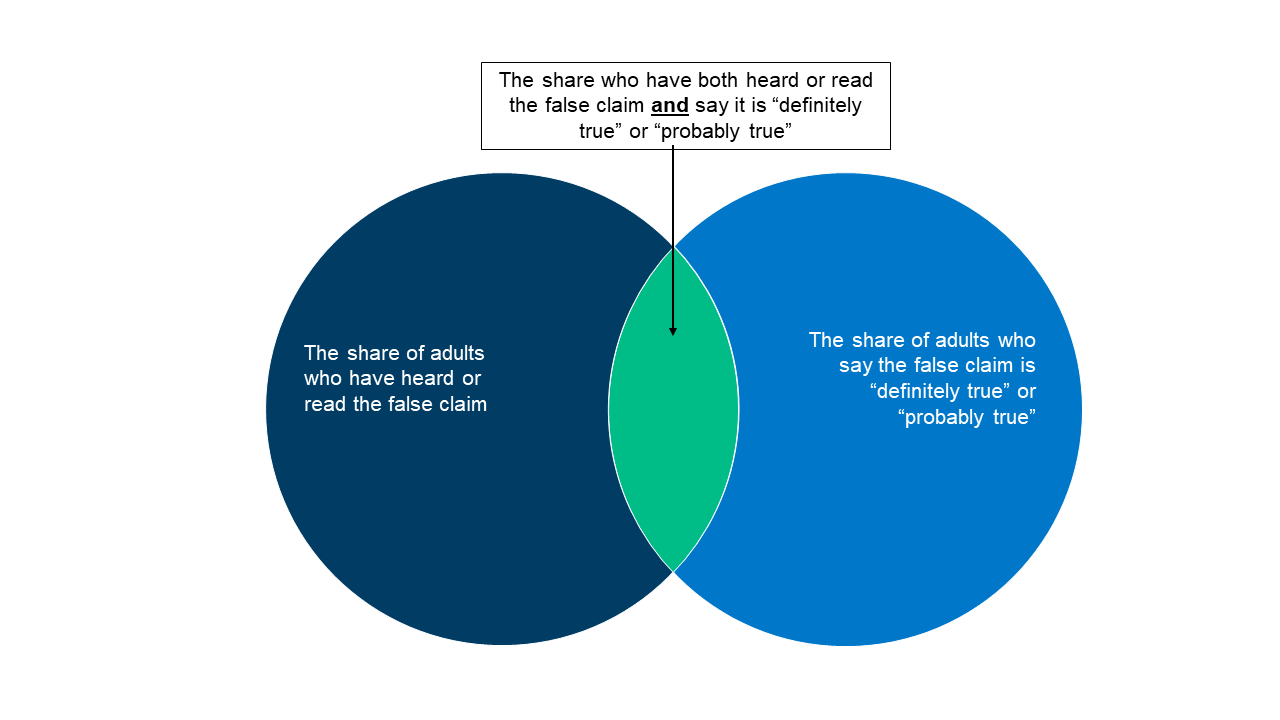
Most Hispanic adults have some doubt or uncertainty concerning the whether or not the misinformation claims examined within the survey are true or not, with majorities saying every is both “most likely true” or “most likely false.” On all objects besides one at 17%, one in ten Hispanic adults or fewer say that the false claims are “positively true.”
The biggest shares of Hispanic adults specific perception in two falsities associated to firearms: about six in ten (57%) Hispanic adults say that the false declare that “armed faculty police guards have been proved to stop faculty shootings” is “positively” or “most likely true,” and half (49%) say that the false declare that “most gun homicides within the U.S. are gang-related” is “positively” or “most likely true.” Hispanic adults who say they or somebody of their family is a gun proprietor are simply as probably as those that don’t reside with a gun proprietor to say every of those gun-related falsities is “most likely” or “positively true.”
The figures under present the assessments of the verity of every of the claims by Hispanic adults by academic attainment and partisanship. Usually, Hispanic adults and not using a faculty diploma are extra probably than their faculty educated counterparts to say a lot of the objects of misinformation examined within the survey are positively or most likely true. In keeping with patterns among the many public general, Hispanic adults who determine as Republicans or lean in the direction of the Republican Partytand out as being extra probably than Democratic-leaning Hispanic adults to say a lot of the misinformation objects are most likely or positively true. For a lot of the well being falsities explored on this survey, there have been no vital variations amongst Hispanic adults by major language or nativity (U.S.-born vs. foreign-born) of their assessments.
There are fewer notable variations throughout age teams in the case of Hispanic adults’ assessments of the verity of misinformation statements associated to COVID-19, although these underneath the age of fifty usually tend to consider some falsities associated to weapons. A majority of Hispanic adults underneath age 50 say that it’s “positively” or “most likely true” that armed faculty police guards have been confirmed to stop faculty shootings, in comparison with about half of Hispanic adults ages 50 and older. Equally, Hispanic adults underneath age 50 are extra probably than older Hispanic adults to say it’s true that individuals with firearms at residence are much less more likely to be killed by a gun than individuals who wouldn’t have a firearm. For each of those false statements, this distinction is generally pushed by the bigger share of youthful adults who say the statements are “most likely true.”
A majority of Hispanic girls of reproductive age (ages 18 to 49) say it’s most likely or positively true that utilizing hormonal contraception makes it tougher for most ladies to get pregnant after ceasing contraception use, whereas most Hispanic girls ages 50 or older say it’s most likely or positively false.
Most Hispanic mother and father are uncertain about a number of the misinformation objects examined within the survey associated to kids, teenagers, and faculties, with a majority saying it’s “most likely true” or “most likely false” that armed faculty guards have been confirmed to stop faculty shootings, that the MMR vaccines trigger autism in kids, and that intercourse schooling with data relating to contraception will increase the probability that teenagers shall be sexually energetic. About one in 4 Hispanic mother and father (26%) say it’s “positively false” that MMR vaccines trigger autism or that complete intercourse schooling will increase the probability that teenagers could be sexually energetic (25%).
In the case of COVID-19 and vaccines, perception in misinformation is correlated with Hispanic adults’ particular person vaccination standing: whereas practically 9 in ten Hispanic adults who point out that not one of the objects of vaccine or COVID misinformation offered are true are vaccinated towards COVID-19, fewer (63%) Hispanic adults who consider between 3 and 5 objects of COVID misinformation say they’re vaccinated towards the virus.
Media Consumption and Belief
Consumption of Information, Social Media, and Well being Data
Tv is probably the most generally reported medium for information consumption amongst Hispanic adults throughout age teams with giant majorities saying they repeatedly watch native information and nationwide community information. For Hispanic adults underneath age 55, digital information aggregators that draw on a number of information sources are consumed on par with tv information. Few Hispanic adults throughout age teams report common consumption of conservative nationwide information networks akin to OANN or Newsmax, although about 4 in ten Hispanic adults underneath age 55 and a couple of third of these age 55 or older say they repeatedly watch Fox Information.
Social media use, not surprisingly, varies by age amongst Hispanic adults as nicely. A minimum of seven in ten Hispanic adults throughout age teams say they use Fb at the very least as soon as per week. A majority of Hispanic adults underneath age 55 additionally repeatedly use YouTube and Instagram. A minimum of one-third of Hispanic adults throughout age teams use WhatsApp at the very least weekly, rising to 87% of Spanish-speaking Hispanic adults, probably reflecting excessive worldwide use of this app. Hispanic adults underneath age 35 are more likely than these 35 and older to repeatedly use Instagram TikTok (61%), Snapchat (52%), and Reddit (26%).
When requested to say in their very own phrases, what’s the one information supply they belief probably the most to offer them with dependable data, whatever the sources requested about explicitly within the survey, greater than one-third (28%) of Spanish-speaking Hispanic adults say Telemundo or Univision, whereas fewer title numerous particular English-language sources. In-language sources, each information and generally used platforms akin to WhatsApp, might be helpful instruments for addressing misinformation amongst Spanish-speakers and the Hispanic neighborhood typically.
No matter most well-liked social media platform, seven in ten Hispanic adults use social media at the very least as soon as every week to remain updated on information and present occasions. This rises to three-fourths of Hispanic adults underneath age 35 and eight in ten Hispanic adults who primarily converse Spanish. Half of Hispanic adults (49%) – in comparison with simply 15% of White adults and a couple of third of Black adults – use social media repeatedly to seek out well being data and recommendation. Related shares throughout age report this, however this rises to half (52%) of Hispanic adults with out faculty levels and 7 in ten (69%) Hispanic adults who primarily converse Spanish.
Amongst Hispanic adults, the usage of social media, even often, for well being data and recommendation is correlated with listening to and believing objects of well being misinformation. For instance, at the very least half of Hispanic adults who use social media for well being data and recommendation say that they’ve heard at the very least one of many false COVID-19 or vaccine claims examined within the survey and assume it’s positively or most likely true, in comparison with about one-third of those that don’t use social media for well being recommendation.
Belief in Sources of Data
Docs with private relationships are probably the most trusted sources of well being data for Hispanic adults, with the overwhelming majority saying they belief their physician “an incredible deal” or a “truthful quantity” to make the suitable suggestions in the case of well being points. Notably, a big majority of Hispanic adults have at the very least “a good quantity” of belief within the CDC, FDA, and their native public well being officers. Hispanic adults are extra divided in the case of belief in well being suggestions from the Biden administration and former President Trump, with a slight majority saying they’d have at the very least a good quantity of belief within the Biden administration to make the suitable well being suggestions, whereas 4 in ten would have at the very least a good quantity of belief in former President Trump. Democratic-leaning Hispanic adults are extra trusting of the present administration, whereas Republican-leaning Hispanic adults are extra trusting of the previous president’s suggestions. General, suggestions from authorities companies are deemed reliable however much more more likely to be trusted when offered by their private medical doctors. Well being suggestions from political actors are unlikely to be trusted by these of the opposing partisan persuasion.
There are a selection of reports sources and platforms that Hispanic adults discover at the very least considerably reliable in the case of well being data. A minimum of half say they’d belief well being data at the very least somewhat if it was reported by most TV information sources together with native and community information, CNN, MSNBC, and Fox Information. Almost three in 4 additionally say they’d have at the very least somewhat belief in well being data reported of their native newspaper and 6 in ten say they’d belief it in the event that they noticed it reported by the New York Instances. Whereas no supply garners “so much” of belief from a majority of Hispanic adults, at the very least one-quarter say they’d belief well being data “so much” if it have been reported by their native TV information station, nationwide community information, or CNN.
Regardless of excessive use of social media platforms, fewer than one in six Hispanic adults say that they’d have “a whole lot of belief” in well being data in the event that they noticed it on these platforms. Two-thirds say they’d belief well being data at the very least somewhat in the event that they noticed it on YouTube, and about half say the identical about Fb and Instagram. Notably, WhatsApp – regardless of getting used at the very least as soon as per week by half of Hispanic adults – ranks low by way of how a lot well being data could be trusted on the platform, with simply 8% of whole Hispanic adults saying they’d belief data on the platform “so much,” rising to 12% amongst customers of the app.
Assist for this work was supplied by the Robert Wooden Johnson Basis (RWJF). The views expressed don’t essentially mirror the views of RWJF. KFF maintains full editorial management over all of its coverage evaluation, polling, and journalism actions.


